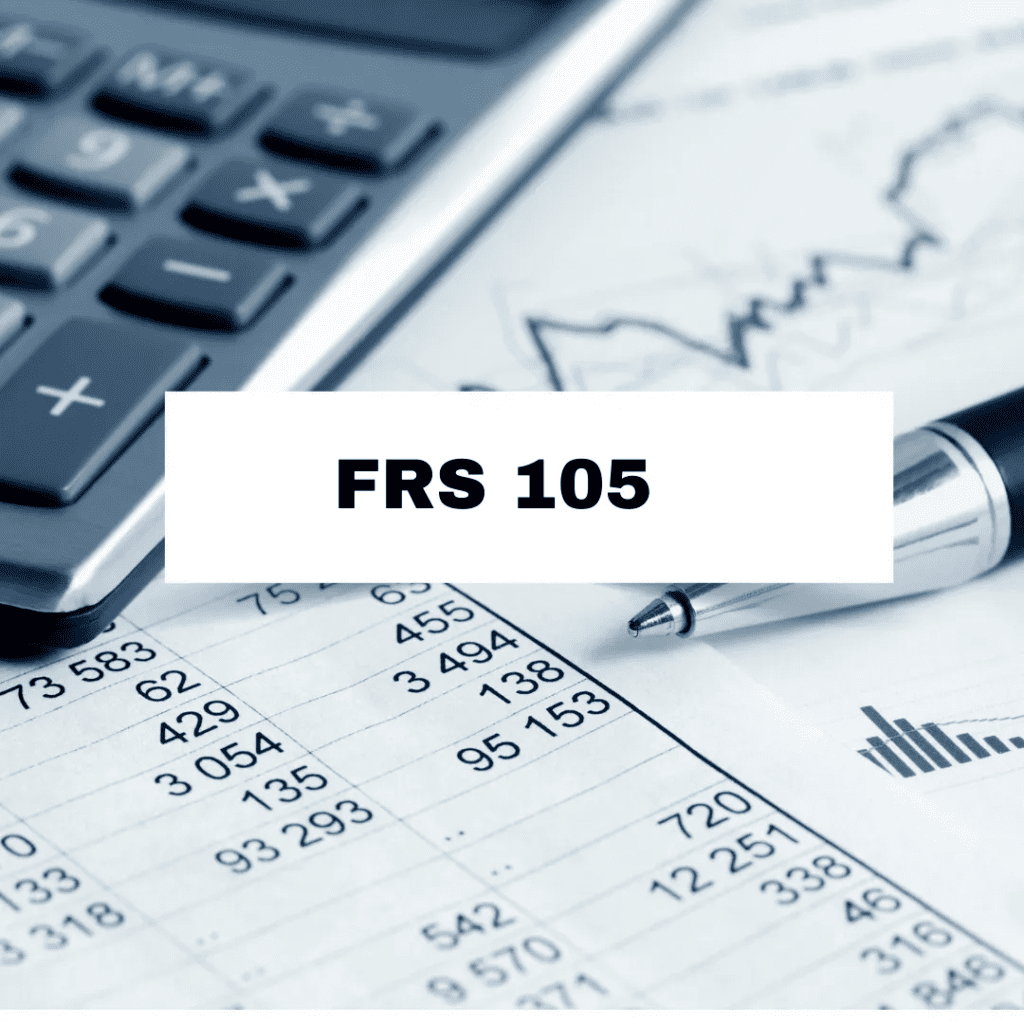Understanding FRS 105

Understanding FRS 105
If you’re a new business owner in Ireland or someone just getting familiar with accounting standards, you’ve likely come across the term FRS 105. This standard is crucial for micro-entities, which are small businesses that meet specific size criteria. Understanding FRS 105 can help ensure your business complies with the latest financial reporting requirements. Here’s a straightforward guide to help you navigate this essential standard.
What is FRS 105?
FRS 105 stands for the Financial Reporting Standard applicable to the micro-entities regime. It was introduced to streamline and simplify financial reporting for the smallest businesses. This standard aligns with the EU Directive 2012/6/EU, known as the Micros Directive, which aims to reduce the administrative burden on micro-entities by providing a less complex framework for preparing financial statements.
What Qualifies as a Micro-Entity?
A micro-entity is a company that meets all the following conditions:
- It is established under company law.
- It qualifies as a micro-entity according to the Companies Act.
- It is not excluded from being treated as a micro-entity under the Companies Act.
To be classified as a micro-entity, a company must meet at least two of these three thresholds:
- Net turnover not exceeding €700,000
- Balance sheet total not exceeding €350,000
- Average number of employees not exceeding 10
These criteria must be met for two consecutive years for a company to qualify as a micro-entity. Conversely, if these thresholds are exceeded for two consecutive years, the company will no longer qualify.
Key Features of FRS 105
Simplified Reporting: FRS 105 significantly reduces the complexity of financial reporting. The standard includes only 28 sections, compared to the 35 sections in FRS 102, making it easier for small business owners to understand and implement.
True and Fair View: Accounts prepared under FRS 105 are deemed to provide a true and fair view, provided they follow the compulsory notes and formats. This can result in a very concise annual report, sometimes as brief as two pages.
No Revaluations or Fair Value Accounting: FRS 105 does not allow for revaluation of property or the use of fair value accounting. All assets must be recorded at historical cost, which simplifies accounting but might impact the reported value of the business’s assets.
Limited Notes and Disclosures: The standard requires only two compulsory notes:
- Advances, credit, and guarantees granted to directors.
- Financial commitments, guarantees, and contingencies.
Additional disclosures are optional but must comply with relevant accounting standards if included.
Exclusion of Certain Statements: Micro-entities do not need to prepare a Statement of Cash Flows, a Statement of Comprehensive Income, or a Statement of Changes in Equity. Also, a directors’ report is not required.
Deferred Tax and Share-Based Payments: Micro-entities do not need to account for deferred tax or share-based payments annually. These adjustments are only necessary when transactions occur.
Why FRS 105 Matters for Your Business
Adopting FRS 105 can greatly reduce the administrative burden on your business, allowing you to focus more on growth and operations rather than complex accounting tasks. However, it’s essential to consider whether this standard suits your business needs, especially if your company might benefit from higher levels of reporting to satisfy stakeholders like banks or investors.
Conclusion
FRS 105 offers a streamlined and straightforward approach to financial reporting for micro-entities in Ireland. By understanding and applying this standard, you can ensure your business complies with regulatory requirements while keeping your accounting processes simple and efficient.
For more detailed advice tailored to your specific business needs, consult with a professional accountant familiar with FRS 105 and the broader financial reporting landscape in Ireland.
Richard O’Shea Consultancy is an accounting practice specializing in tailored accounting and tax solutions for small and medium-sized businesses. We offer a range of services including income tax and corporate tax returns, VAT & RTD returns, startup advisory services, company formation, and more.
I am committed to providing personalized assistance to businesses in Carrigaline and beyond. Contact me today to discuss how I can support your financial needs and help your business thrive in our local community.
This article is intended for informational purposes only and should not be considered a replacement for professional advice. The author(s) disclaim any liability for actions taken or not taken based on the content of this document. It is recommended to seek tailored advice before making any decisions related to the topics discussed in this article.

